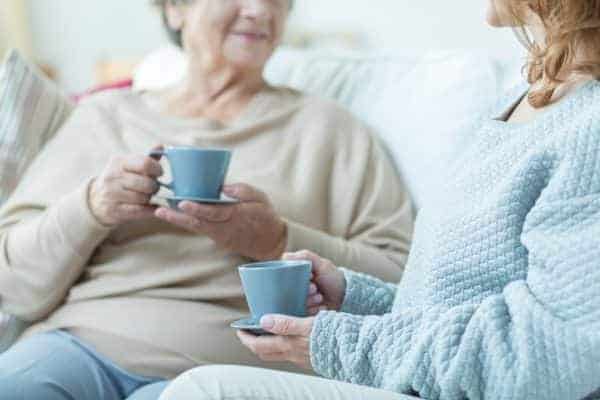Physical Injury
Falls in the older population are one of the most common causes for hospital admissions; they can result in serious injuries such as hip fractures and the consequences of reduced mobility after a fall can be life-threatening for the elderly. As we age our bone density decreases and our muscles become weaker and less flexible. This means older people are more likely to lose their balance and more likely to fracture or break a bone when they fall. Previous research from our Better At Home report revealed that in the UK six people over 65 suffer a fall every minute and 30% of over 65s and 50% of over 80s fall at least once a year . A month after suffering a hip fracture 1 in 12 people will have died as a result of the injury and only half will have returned home.
Malnutrition
We tend to think of malnutrition occurring predominantly in poverty-stricken third-world countries but it is also a recognised problem and one of the common elderly issues in the UK. It can be due to underlying health conditions which can cause a lack of appetite but it can also be due to social situations such as isolation or financial issues such as a lack of adequate income.
Malnutrition can result in a weakened immune system and weak muscles which can lead to further health problems and physical injuries. Meal delivery services such as Meals on Wheels are available for those on a limited income or for those who are unable to prepare their own meals.
Incontinence
Incontinence is a common problem with aging and can affect the quality of life of older adults. As with so many elderly health issues a good diet, maintaining a healthy weight and exercising regularly can all help with incontinence but there is also very effective medication available from your doctor so don’t be too embarrassed to ask.
Vision and Hearing Impairment
Sensory impairments to sight and hearing are also very common problems for people as they age. Fortunately, glasses or contact lenses can correct most sight problems and technological advances mean practically invisible hearing aids can resolve hearing problems.



